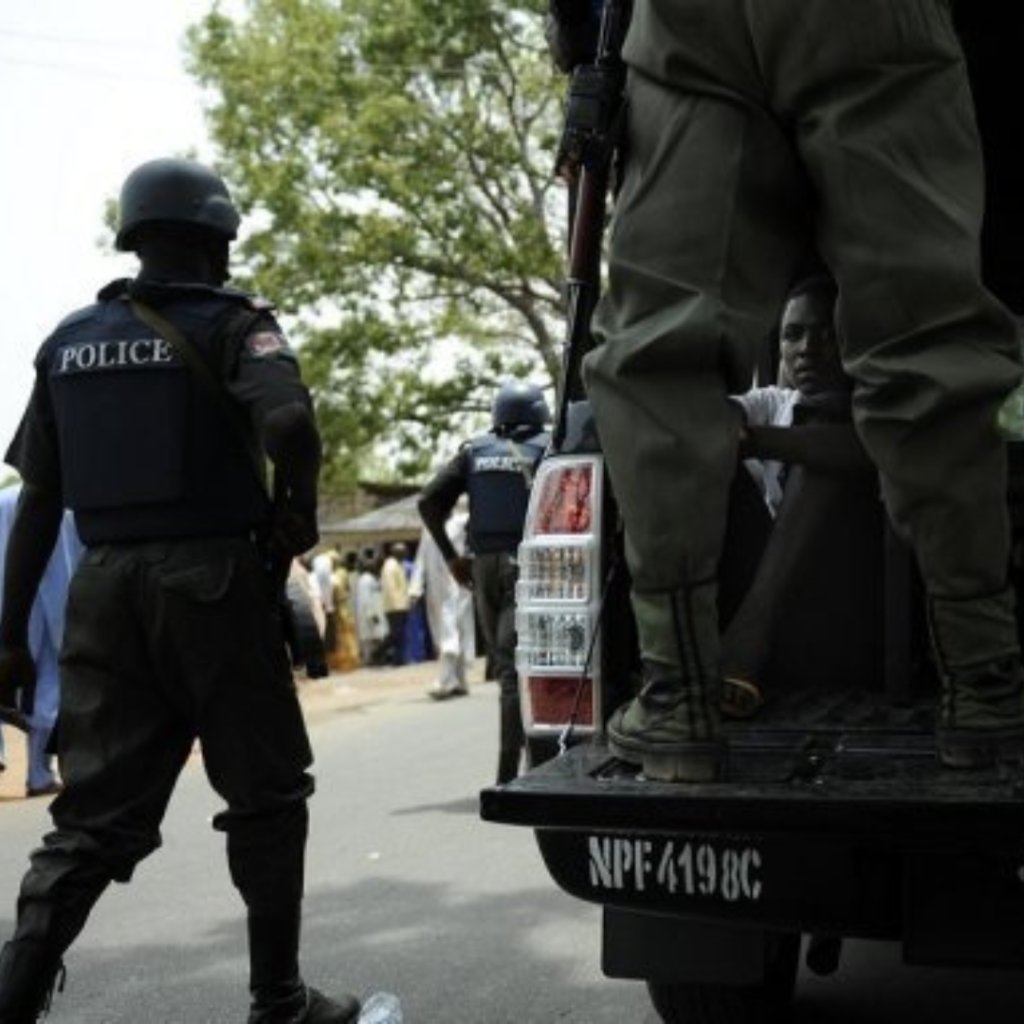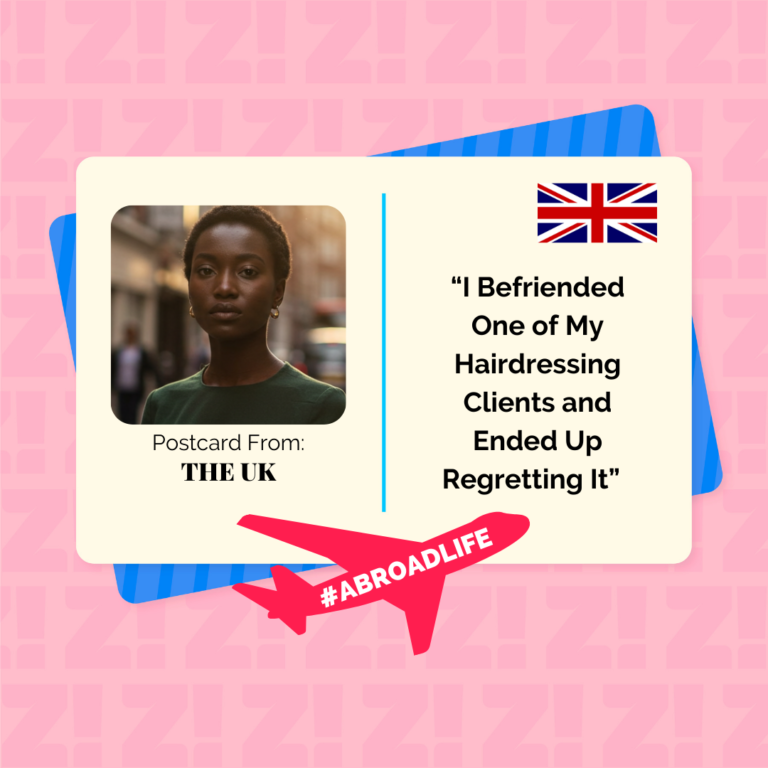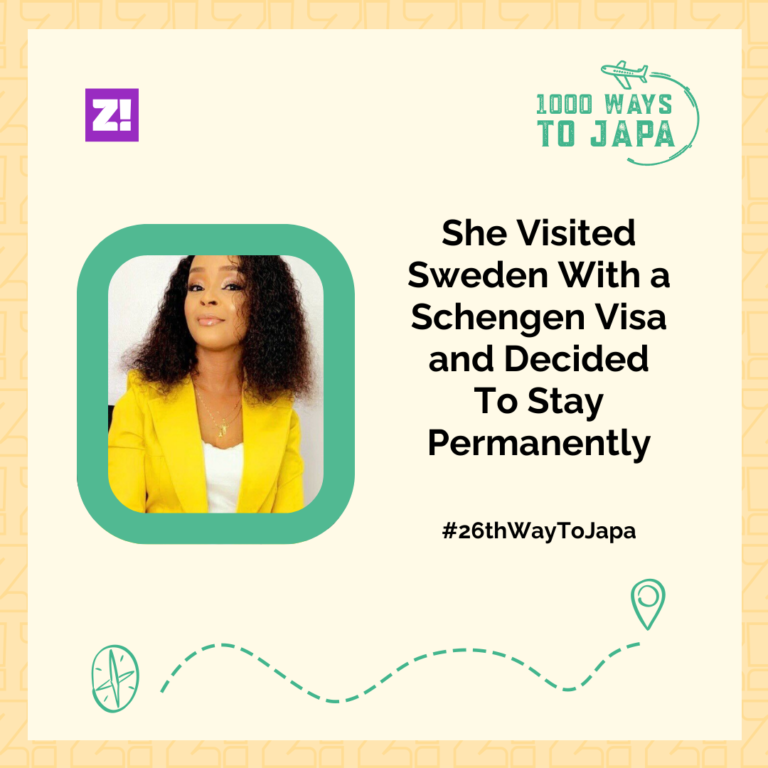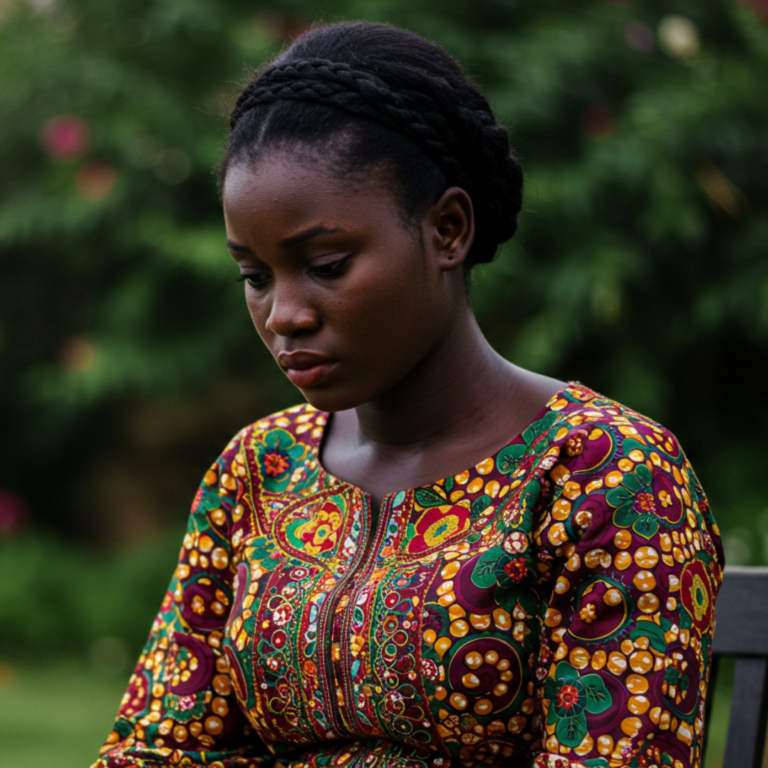
2020 was supposed to be the year Nigeria ended police brutality. But almost five years after the #EndSARS protests, young Nigerians are still being profiled and mistreated by the police, proving that the fight is far from over.
We asked four Nigerian men to recount the worst encounters they’ve had with Nigerian security agents, and their responses were sad and traumatic.
“They found hair in my bag, accused me of being a ritualist, and locked me up for five days”
Like 8 million other young Nigerians, Gbenro* (25) registered as a first-time voter in hopes of voting for his preferred candidate during the 2023 elections, but he ended up in jail before he could get the chance to exercise his civic rights.
“I was travelling from Lagos to Ogun state, where I registered for my Permanent Voters Card (PVC). Suddenly, we saw some policemen signalling to the driver to park. When he parked, the policemen said they wanted to search all the passengers, but they searched only the men in the car. I didn’t think much of it and just wanted to get it over with, so I cooperated with them and gave them my backpack. One of the officers took the bag from me and searched it. He found a nylon bag where I kept the hair from the haircut earlier in the day.”
“The officer had this weird look as he walked away for a few minutes to consult with his boss. They both returned and started questioning, asking me whose hair I was carrying. I told them that it was my hair from the barber appointment I had earlier in the day and that I had it with me because I always take my hair home to dispose of it myself. They said I was lying. Before I could defend myself, they started calling me a ritualist and swearing that they’d make an example out of me.”
“The next thing I knew, I was already locked up in a cell. They didn’t allow me to call my parents until it was late. The next day was supposed to be the election I travelled for. I had promised myself that I would vote for Peter Obi. I called my mom and told her I was locked up. She started crying because there was a curfew that was going to limit movement during the election, meaning that whether I liked it or not, I would stay in that cell for at least two nights. I stayed there for five days because they asked my mom to bring ₦250,000. I got out and found out that Tinubu won the election. I swore that I would never vote in this country again, and I’ve been trying to relocate since then.”
“They saw Google Play store reviews on my friend’s phone and called us Yahoo boys”
Micheal* (24) has had one too many experiences of police profiling, but the one that left him in the worst state of helplessness happened when he was just 17.
“A friend wanted a laptop, so he told me and some of my guys to follow him to Ilorin. It was supposed to be a quick trip, so instead of travelling in my friend’s car, we decided to take a cab to the park. We were already a few minutes away from Ilorin when some policemen stopped us. They asked their usual questions, but we knew they didn’t plan to let us go that easily after they asked us to pay our driver and ask him to leave. We were in the middle of nowhere, so we had no choice but to obey.
After the driver left, they asked for our phones and searched what we had on each of them. They took longer with my friend’s phone because he had a Samsung, which they didn’t think we were old enough to own.
They found nothing on our phones, so one of them, for whatever reason, decided to open the Google Play store on my friend’s phone. They somehow decided that the people leaving reviews from different parts of the world were our clients, and we were Yahoo boys. Imagine being held without your consent for such a stupid reason.
They asked us to pay ₦200,000, but we convinced them we only had ₦10,000. Then they drove us to Ogbomosho-Ilorin express road, which looked very creepy. We were in their truck with some other guys they picked up. I remember feeling like these people could decide to pull the trigger, and nobody would ever know. This experience started around noon, and the policemen didn’t leave us until 6 pm, and they still collected that ₦10,000 from us. I’ve been avoiding Ilorin since then.”
“They pointed a gun at my head.”
Not many teenagers spend their free time imagining they would ever be held at gunpoint, especially not a teenager like Nimi * (19), who just wanted to spend time with his big brother.
“I had just visited my older brother at his school, and I was returning home when some police operatives under the Special Anti-Robbery Squad (SARS) stopped the bus I was in. They told me and some of the other young men to come down and accused us of being Yahoo boys. Then they searched us, and even though they didn’t find anything to defend their claim, they pointed guns at our heads and forced us to call our parents.
I remember them telling my dad that I was a yahoo boy and they were going to shoot me. My dad negotiated with them, and they eventually agreed to let me go after he had paid some amount of money. I’m not sure how much he sent because he was too traumatized to talk about it. He ended up writing about it and publishing the story in a newspaper.”
“As someone with dreadlocks, I honestly hate to see the police checkpoints.”
Dreadlocks are fashion statements in many parts of the world, but in Nigeria, it’s the hairstyle that makes policemen single you out in a bus full of people – that’s exactly what happened to Ben* (23).
“It happened two years ago, just around the time I locked my hair for my dreads to set in. I boarded a bus in Aguda, and the moment I sighted a police checkpoint, I suspected they would stop me.
True to my suspicion, they flagged the bus and singled me out. I had a tote bag containing my laptop and other work essentials, so they saw it and demanded to search through it. I honestly don’t know what they were expecting to find, but after wasting my time close to five minutes, they finally let me go.
As someone with dreadlocks, I honestly hate to see the police checkpoints. They have this twisted idea that anyone who wears dreadlocks is either into cybercrime or walks around with drugs. Now, when I book a private cab, I always direct the drivers to go through routes where we stand zero to no chance of running into policemen.
What Can You Do If You’re a Victim of Police Brutality in Nigeria?
The Nigerian law is clear about many things, and police brutality is one of them. The police have no right to detain, assault, or extort you unlawfully. If you ever find yourself in a situation where officers abuse their power, here’s what you can do:
1. Know your rights: Sections 34 and 35 of the Nigerian constitution guarantee your right to dignity and personal liberty. Police officers cannot harass, unlawfully detain, or torture you. Additionally, the Administration of Criminal Justice Act (ACJA) 2015 states that arrests must be legal (and violence-free), and suspects must be charged to court within 24–48 hours.
2. Ask for legal representation: If arrested, immediately request a lawyer and avoid saying anything till your lawyer arrives. The Legal Aid Council of Nigeria offers free legal assistance if you can’t afford one. You can call them on this number – +234 7031915990
3. Report the officers: File a complaint with the Police Complaint Response Unit (CRU) via Call/SMS/WhatsApp: 08057000001, Twitter: @PoliceNG_CRU, Email: complaint@npf.gov.ng
5. Use social media for awareness: If safe, document everything—photos, videos, names, and badge numbers—and share it with the public. You can also tag activists or organizations that work with victims of police brutality.
News is boring, but we make it fun. Subscribe to The Big Daily to be the first to know the day’s biggest news.




